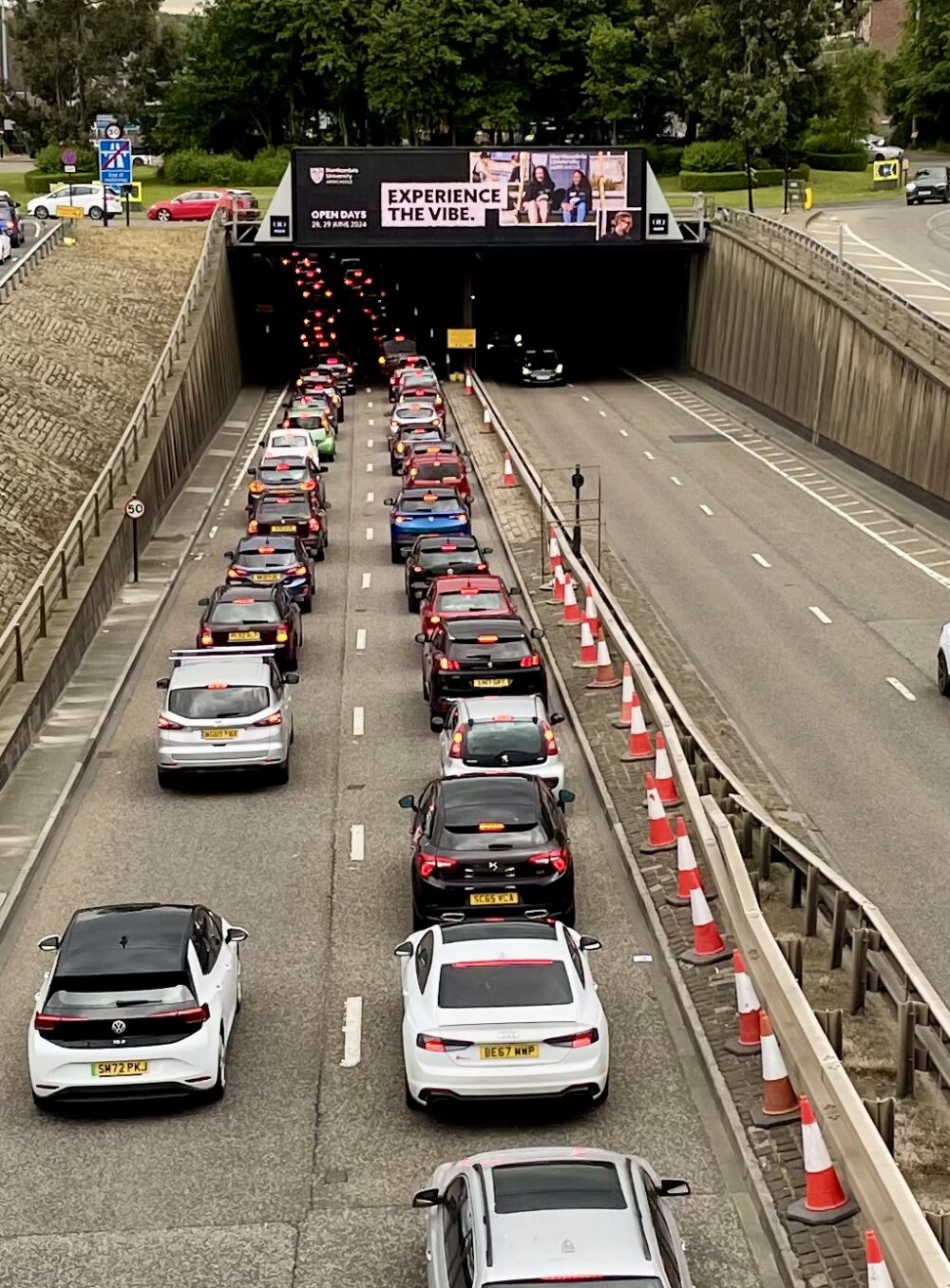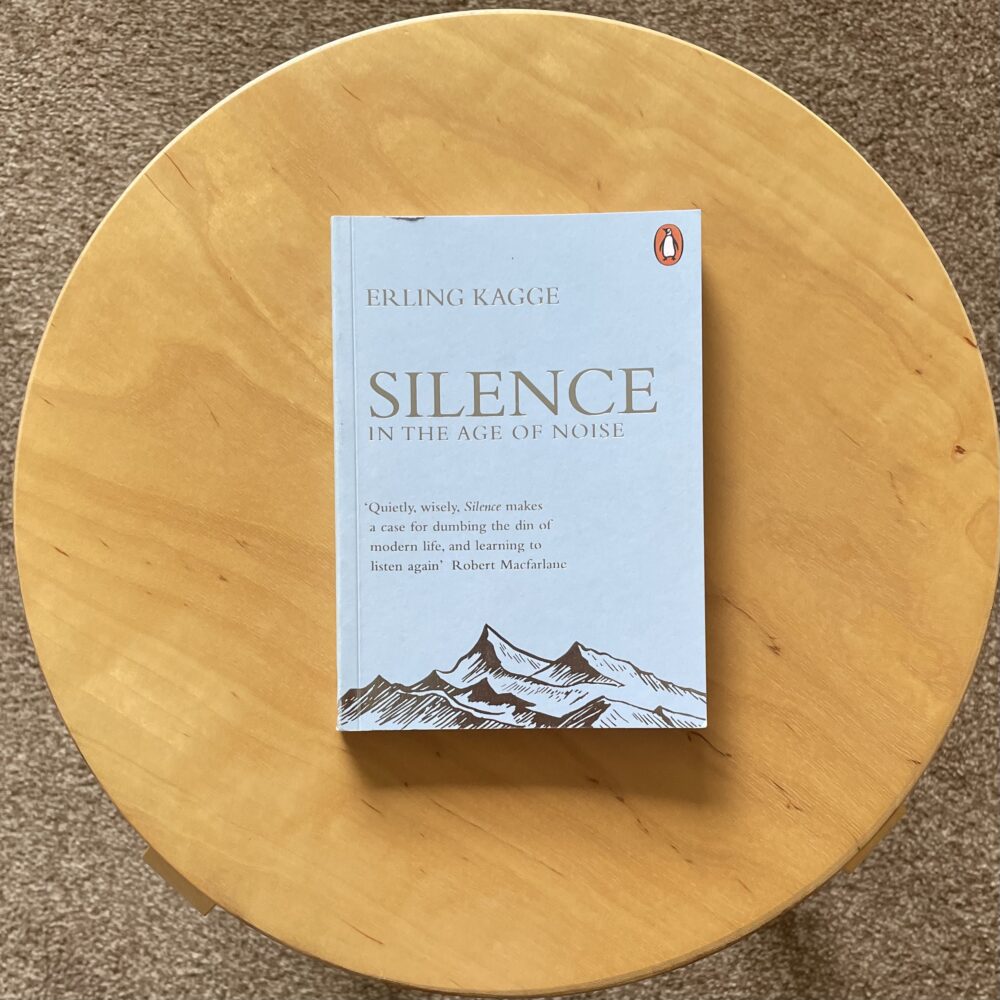I don’t mind

On The Imperfectionist last week, Oliver Burkeman wrote:
If there’s one error of thought that most reliably holds me back from living an absorbing and meaningfully productive life, it’s the idea that certain things really matter, when the truth is that they don’t matter at all. Or at least nowhere near as much as I seem to believe.
This feels a bit thematically connected to my post yesterday about buying a ‘good enough’ fridge-freezer, but Burkeman’s post made me reflect more on understanding what matters in a professional context.
In my professional role, as is the case for most professionals, I’m asked to make hundreds of decisions per day. Most of them, however they may seem to the person who is asking, are pretty insignificant: whatever decision is made will have little impact on the public’s health.
A few years ago, I got into the habit of occasionally saying that ‘I didn’t care’ which option was chosen, often explaining that I didn’t think it would particularly influence the ultimate outcome. A typical example that comes to mind was whether a letter, whose content had been agreed upon by a group, should have my signature or someone else’s appended to the bottom.
One day, a kind colleague gently corrected me, saying that I did care, I just didn’t mind.
It was one of those useful small correctives that revealed to me the potential impact of the casual language I had habitually employed. It forced me to reflect and change my language.
The situation also made me reflect on the skill, wisdom, and kindness of the colleague who gave me that nudge. I hope that I one day have enough of the same qualities to help others.
The image at the top of this post was generated by DALL·E 3.
This post was filed under: Miscellaneous, Introspection, Oliver Burkeman.







